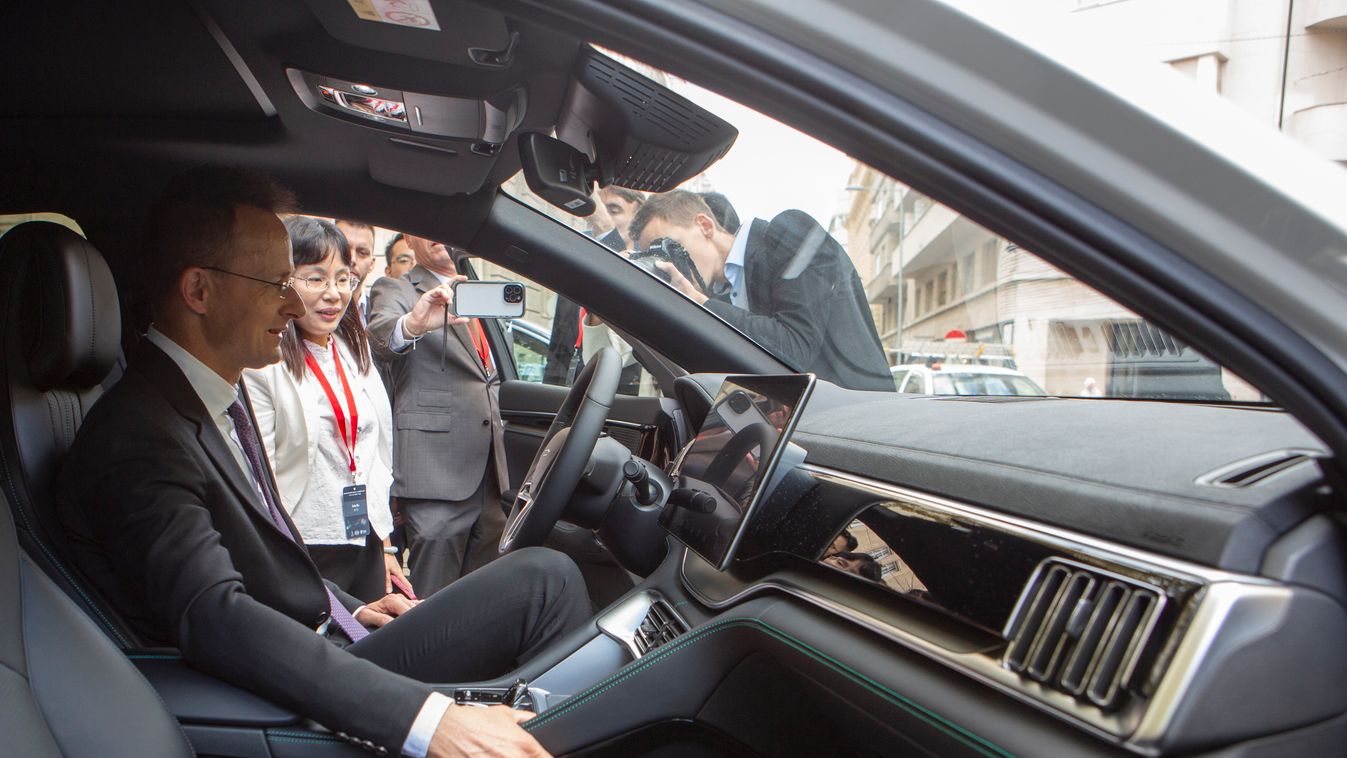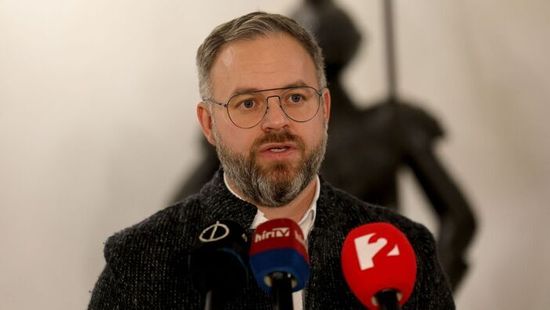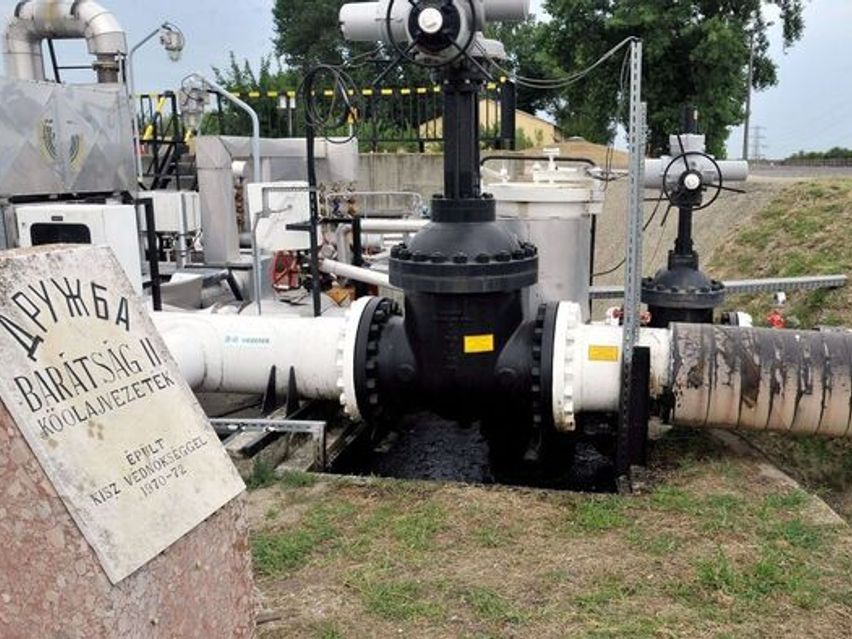The European Commission, led by President Ursula von der Leyen, has put the European Union in a difficult situation: as a result of the last five years, the EU has become less secure, less competitive and politically more weightless than it was in 2019, Peter Szijjarto wrote in his post on his social media.
The Commission president bears a clear responsibility for dragging Europe into a war it will lose and for the EU's diminishing weight in the global economy and world politics, the minister of foreign affairs and trade added.
The outgoing European Commission is delivering the European economy the coup de grace, one more blow to European competitiveness by imposing extra tariffs on Chinese electric car industry players, ignoring the positions of member states and the industry's biggest companies,
the Hungarian minister said.
"The question rightly arises, whose interests are served by all this? Certainly not the interests of EU countries," he said, noting that just ten of the 27 EU member states have backed the measure, while European automotive industry companies have fought it tooth and nail. The success of Europe's electromobility strategy is difficult to imagine without cooperation with Chinese suppliers, he added.
So if the measure is not in the interests of European countries or car manufacturers, why have they taken it? To do harm, as they have done for five years,
the minister concluded.
The European Commission imposed countervailing duties on imports of EVs from China on Wednesday. The EU voted on the measure on October 4, and the duties are in force from Thursday, the Hungarian state news agency MTI wrote.
Cover photo: Hungarian Minister of Foreign Affairs and Trade Peter Szijjarto in a vehicle by the Chinese electric car manufacturer BYD before its Suppliers' Forum on October 15, 2024. Next to him, Bu Guiyun, director of BYD Service Procurement Center (second from left) (Photo: MTI/Zoltan Kocsis)























Szóljon hozzá!
Jelenleg csak a hozzászólások egy kis részét látja. Hozzászóláshoz és a további kommentek megtekintéséhez lépjen be, vagy regisztráljon!